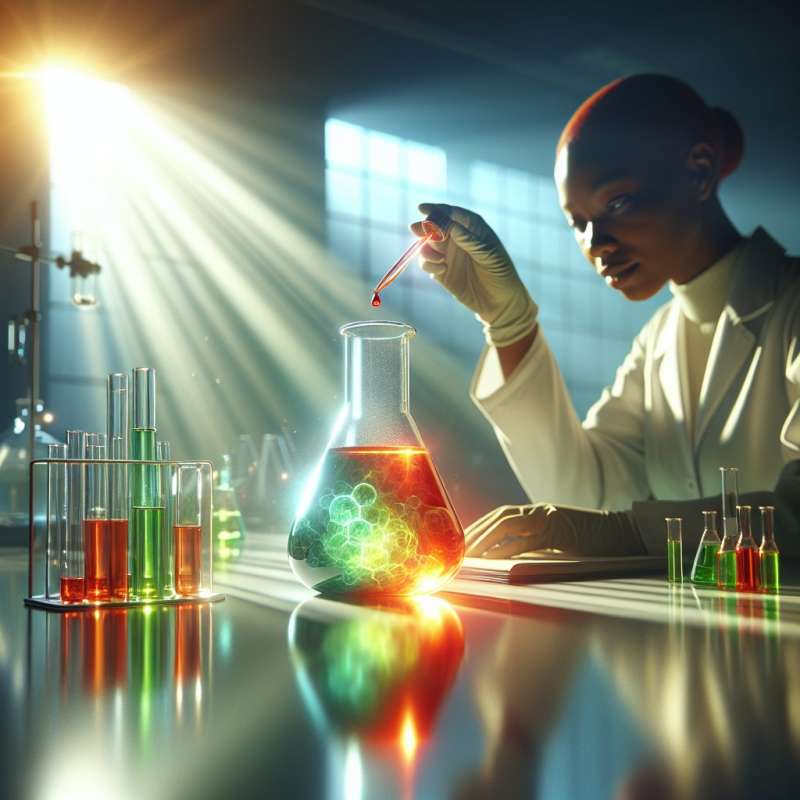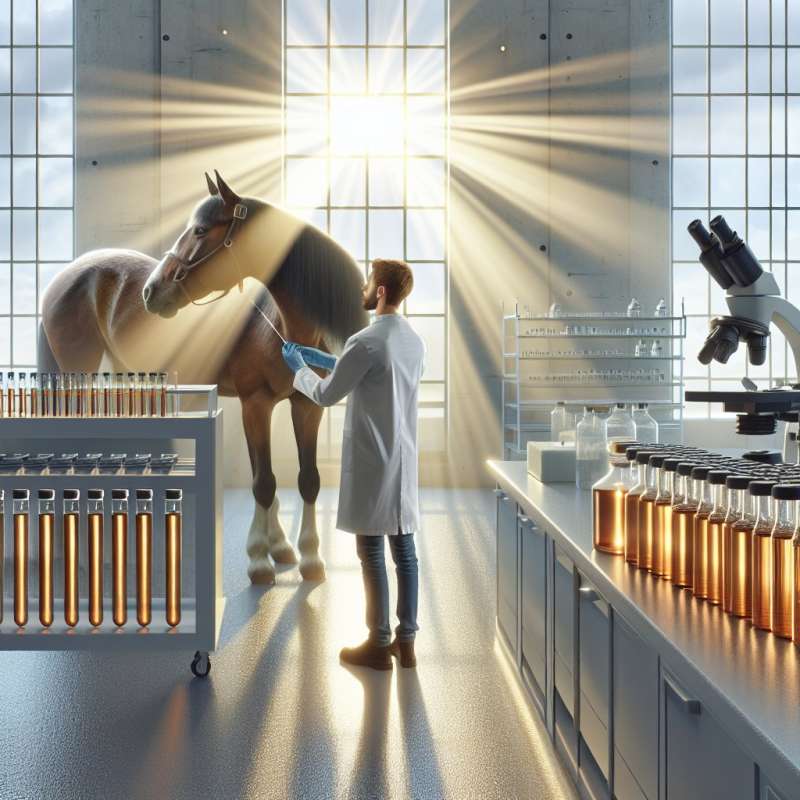
History of Antidotes
Antidotes date back to ancient times. Mithridates VI of Pontus developed a universal antidote, Mithridatium, against all poisons, which influenced modern toxicology and the concept of vaccinations.
Natural vs. Synthetic Antidotes
Antidotes can be natural, like activated charcoal used for ingested poisons, or synthetic, such as atropine, which treats nerve agent and pesticide poisonings.
Mechanisms of Action
Antidotes work by various mechanisms: neutralization, receptor blockade, transformation to harmless substances, or by acting as an antidotal antagonist to reverse effects.
Antivenoms' Unique Creation
Antivenoms are fascinating: created by injecting a non-lethal amount of venom into animals, harvesting the antibodies produced, and then purifying them for human use.
Cytochrome P450 Inducers
Some antidotes, like St. John's Wort, induce cytochrome P450 enzymes, accelerating the metabolism and clearance of certain toxins from the body.
Chelation Therapy Insights
Chelation therapy is remarkable; agents like EDTA bind to heavy metals in the bloodstream, which are then excreted, treating metal poisoning effectively.
Future Antidote Developments
Research into nanotechnology offers groundbreaking potential, with nanoparticles designed to target and neutralize specific toxins, potentially revolutionizing the field of antidote crafting.
Who developed the Mithridatium?
Hippocrates of Cos
Mithridates VI of Pontus
Galen of Pergamon
Company